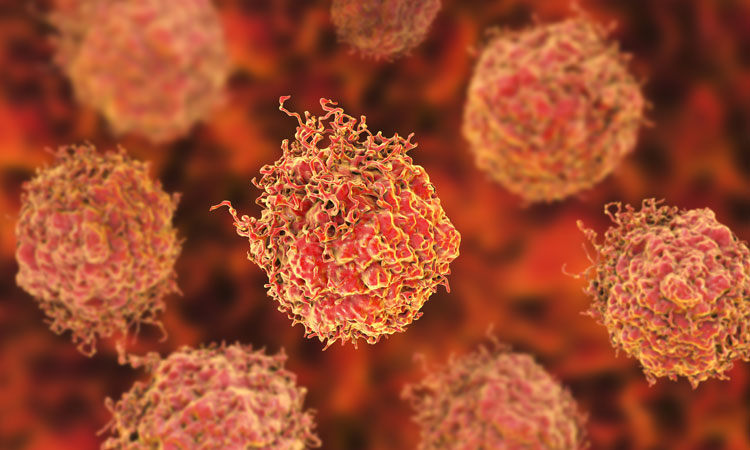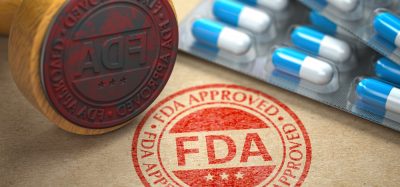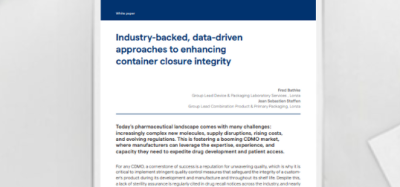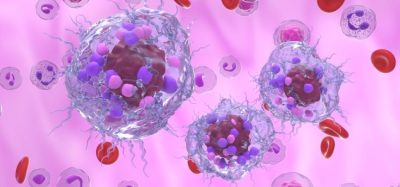Ninety-seven percent response rate reported in advanced prostate cancer treatment study
Posted: 20 November 2019 | Rachael Harper (European Pharmaceutical Review) | No comments yet
A Phase III study of oral relugolix has met its primary efficacy endpoint in men with advanced prostate cancer, supporting a New Drug Application submission to the FDA.


The Phase III HERO study of once-daily, oral relugolix (120 mg) has met its primary efficacy endpoint and all six key secondary endpoints in men with advanced prostate cancer, Myovant Science has announced. This supports a New Drug Application (NDA) submission to the US Food and Drug Administration (FDA) in the second quarter of 2020 and future regulatory submissions in Europe and Japan.
“An oral gonadotropin-releasing hormone, or GnRH, antagonist for advanced prostate cancer has been an aspiration for many years,” said Neal Shore, MD, Medical Director of the Carolina Urologic Research Center and HERO Program Steering Committee Member. “If approved, relugolix would become the first-of-its-kind oral option for men with advanced prostate cancer.”
In the primary endpoint responder analysis, 96.7 percent of men receiving once-daily, oral relugolix achieved sustained testosterone suppression to castrate levels. Five key secondary endpoints demonstrated superiority to leuprolide acetate, including rapid suppression of testosterone at day four and day 15, a profound suppression of testosterone at day 15, rapid suppression of prostate-specific antigen (PSA) at day 15 and suppression of follicle-stimulating hormone (FSH) at week 24.
Furthermore, relugolix demonstrated non-inferiority to leuprolide acetate on sustained testosterone suppression through 48 weeks (96.7 percent versus 88.8 percent, respectively) with a between-group difference of 7.9 percent; the primary endpoint required for regulatory submissions outside of the US.
“With the exciting results from the HERO study demonstrating the potential of relugolix to provide unique benefits compared to leuprolide, we look forward to submitting an NDA to the FDA,” added Lynn Seely, MD, President and CEO of Myovant Sciences. “We are now closer to our goal of bringing a precision oral medicine to the broad spectrum of men with advanced prostate cancer.”
Related topics
Clinical Trials, Drug Development, Drug Safety, Formulation, Regulation & Legislation, Research & Development (R&D)









